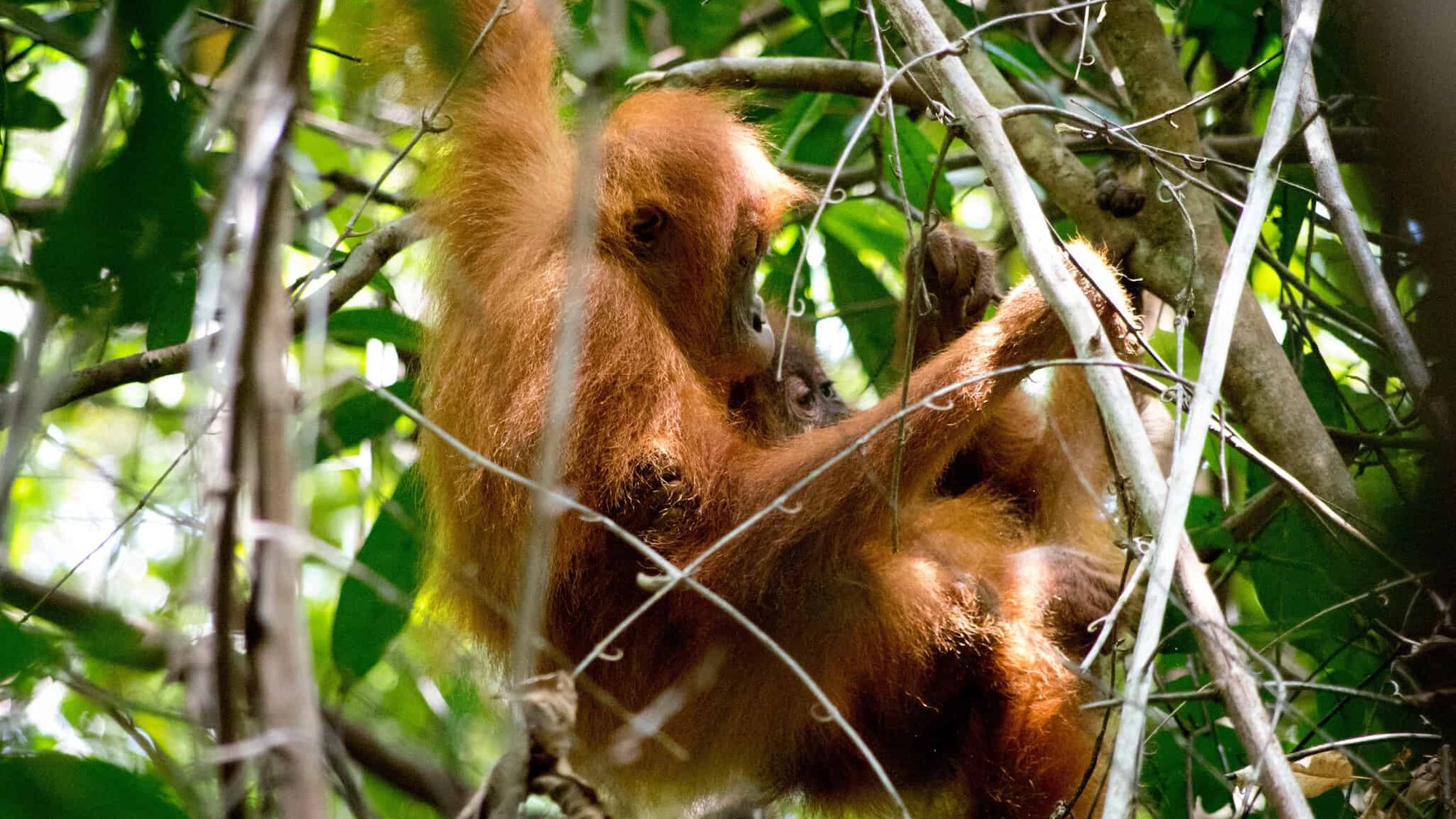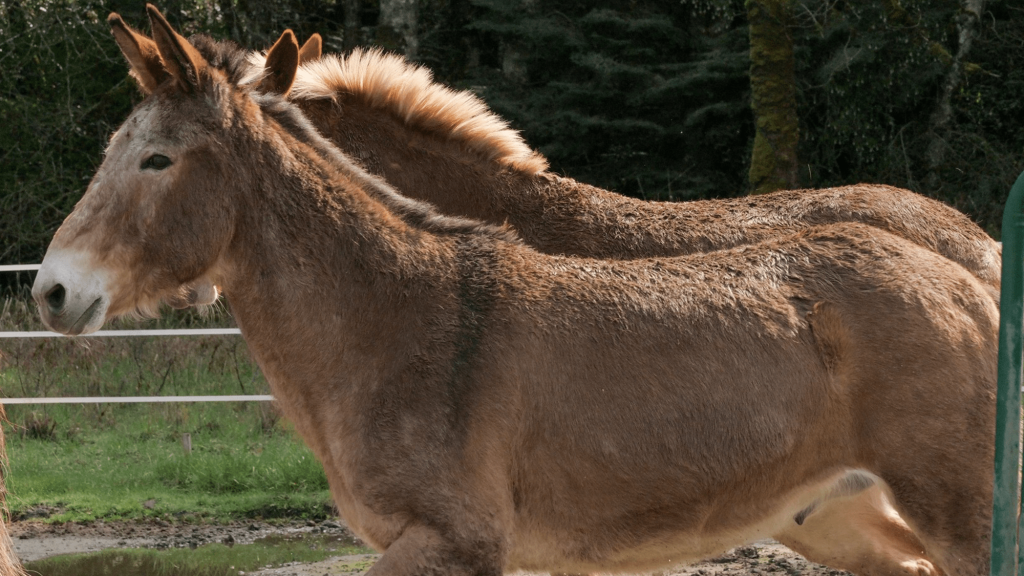Now Reading: Young Orangutans Learn Nest-Building by Watching Mothers
-
01
Young Orangutans Learn Nest-Building by Watching Mothers
Young Orangutans Learn Nest-Building by Watching Mothers

Swift Summary
- Nest-Building Skills: Sumatran orangutans are skilled architects, crafting both simple day shelters and complex night nests with mattresses, linings, pillows, blankets, and roofs.
- Social Learning: Nest-building knowledge is acquired through observation starting at six months old; infants imitate their mothers’ techniques and engage with materials like twigs and leaves.
- Skill Advancement: Young orangutans practice day nests between ages 1-4 and begin constructing night nests by age three. full mastery takes around five years.
- Peer Influence: As orangutans mature, they observe nest-building techniques from a broader social group to refine their own skills while often reverting to materials favored by their mothers.
- Cultural Transmission: Consistency in nesting practices suggests shared cultural elements among wild orangutan populations. This research highlights teh importance of social learning in maintaining species-specific behaviors.
- Conservation Concerns: Without effective environmental conservation efforts for critically endangered orangutans (Pongo abelii), these intricate societal learning systems may be lost.
Images:
- !Image of mother-child duo (Captioned as infant interest in nest materials starts early.)
- !Diagram of nest structure (Shows various components like pillow or roof-lining groups.)
- !Baby Orangutan Tree snapshot
Indian Opinion Analysis
The study offers valuable insights into the complexity of behavioral learning among great apes which parallels social structures observed in humans. Orangutans’ reliance on long-term observational learning emphasizes how cultural transmission drives community-specific innovations even among non-human primates.
From an Indian viewpoint, this research underscores the importance of safeguarding habitats critical for ecological diversity as many regions face habitat loss due to rapid urbanization or deforestation pressures-issues also pertinent to India’s wildlife conservation goals concerning endangered primate species (like lion-tailed macaques).
Promoting international cooperation to conserve rainforest ecosystems could not only help global biodiversity but provide India avenues for strategic collaboration on climate mitigation policies rooted within preserving indigenous fauna uniqueness aligned toward bio-parks managed responsibly Read Moreduction https://www.popsci.com/surroundings/baby-orangutan-nest-building/.




























